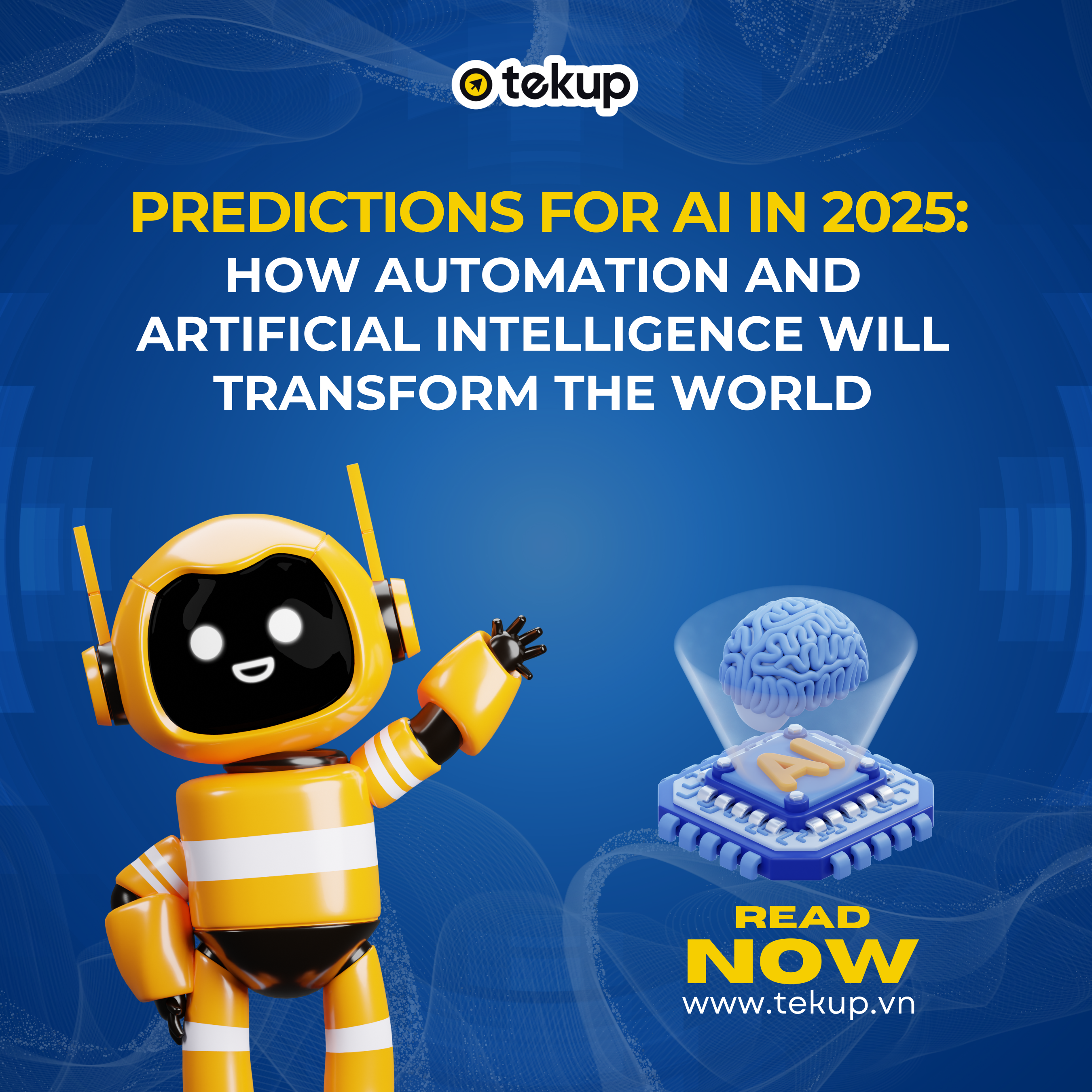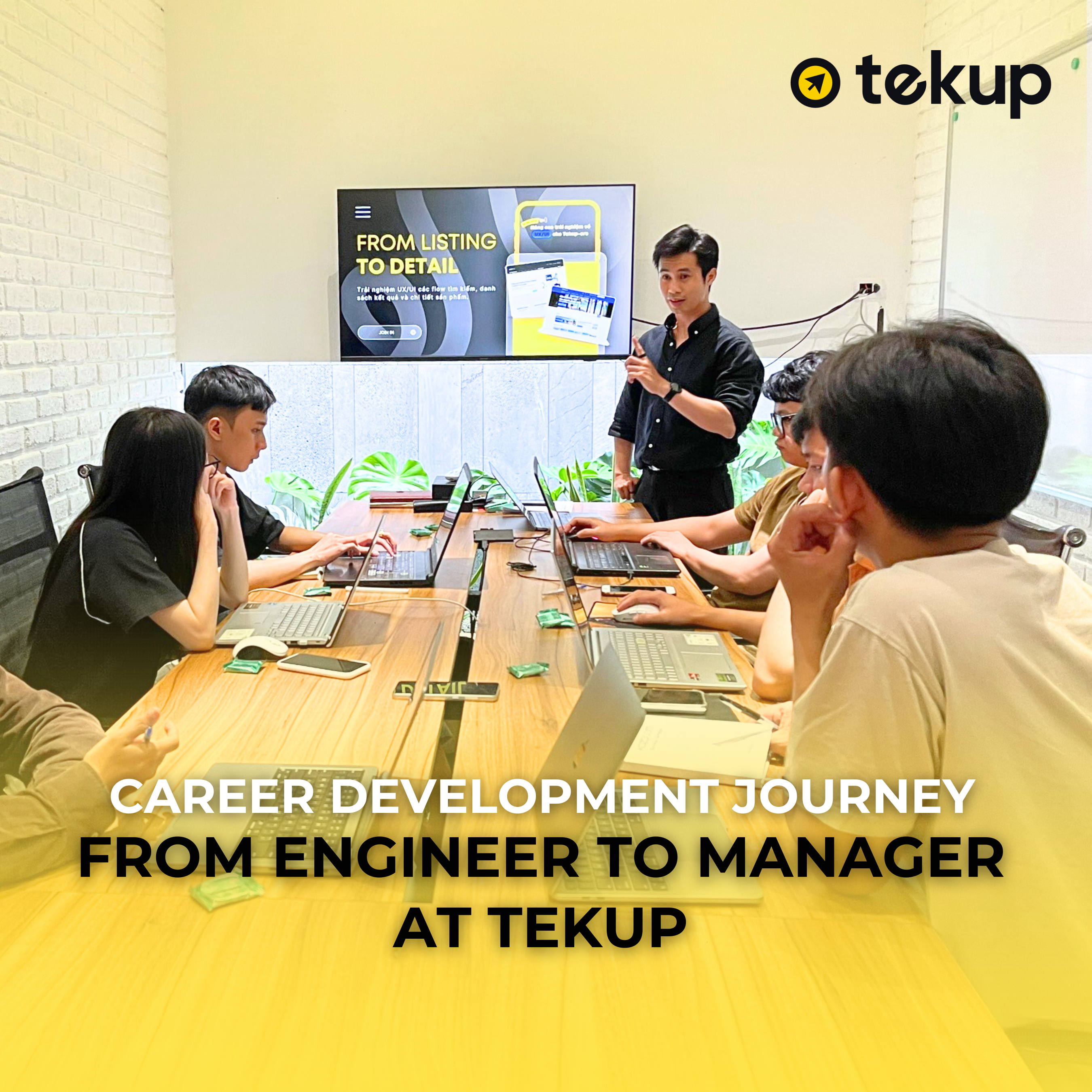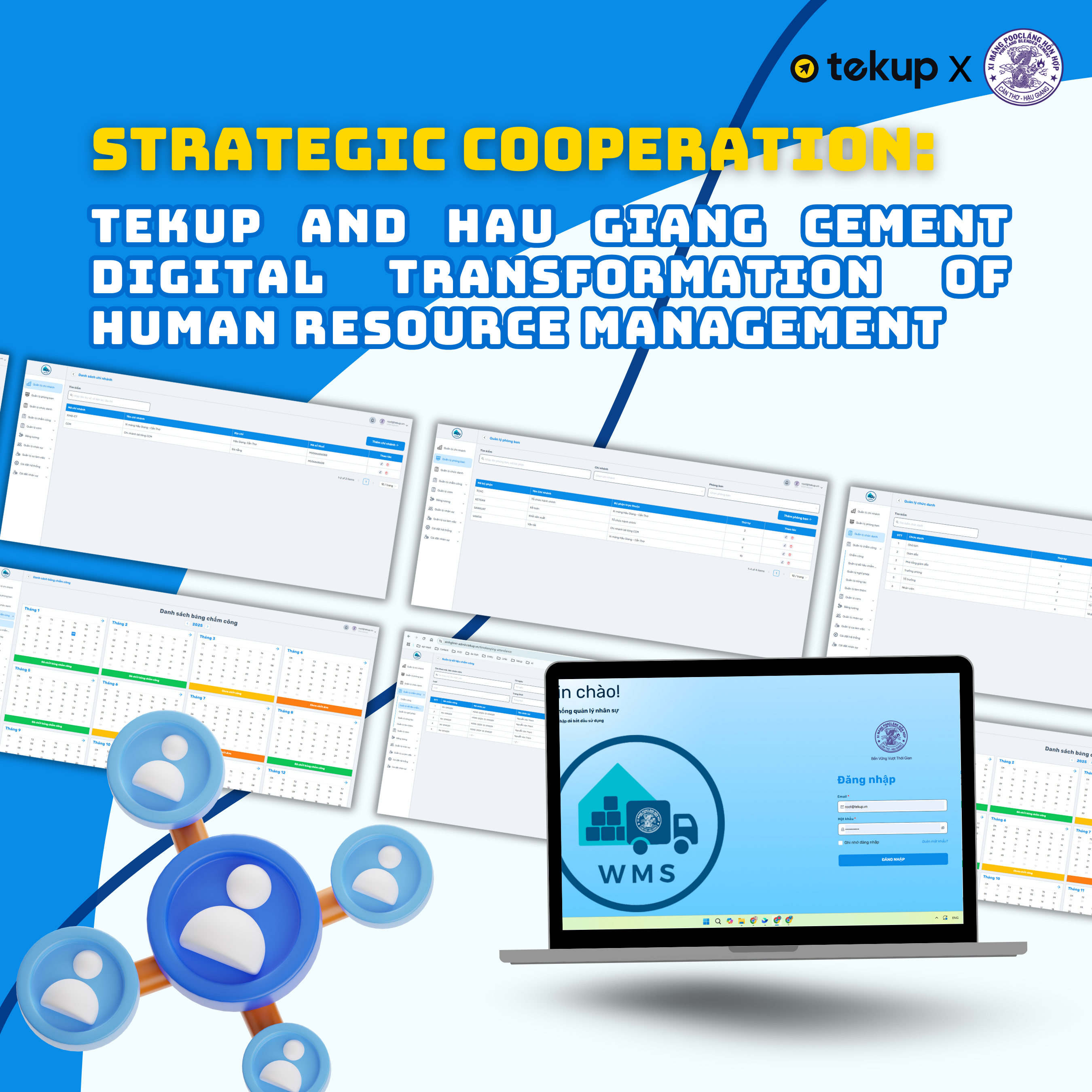2025 is expected to mark a major turning point in the development of artificial intelligence (AI). With remarkable progress, AI is increasingly becoming an indispensable tool in various fields such as healthcare, education, finance, and manufacturing. From improving work efficiency, AI is not only a modern technology but also plays a pivotal role in driving digital transformation.
Furthermore, AI systems are becoming smarter thanks to advancements in deep learning and machine learning algorithms. This enables AI to process vast amounts of data quickly and accurately, providing optimized solutions for complex problems.
Overall, AI trends in 2025 reflect not only tremendous technological advancements but also the long-term vision of organizations and businesses in leveraging AI to create sustainable value.
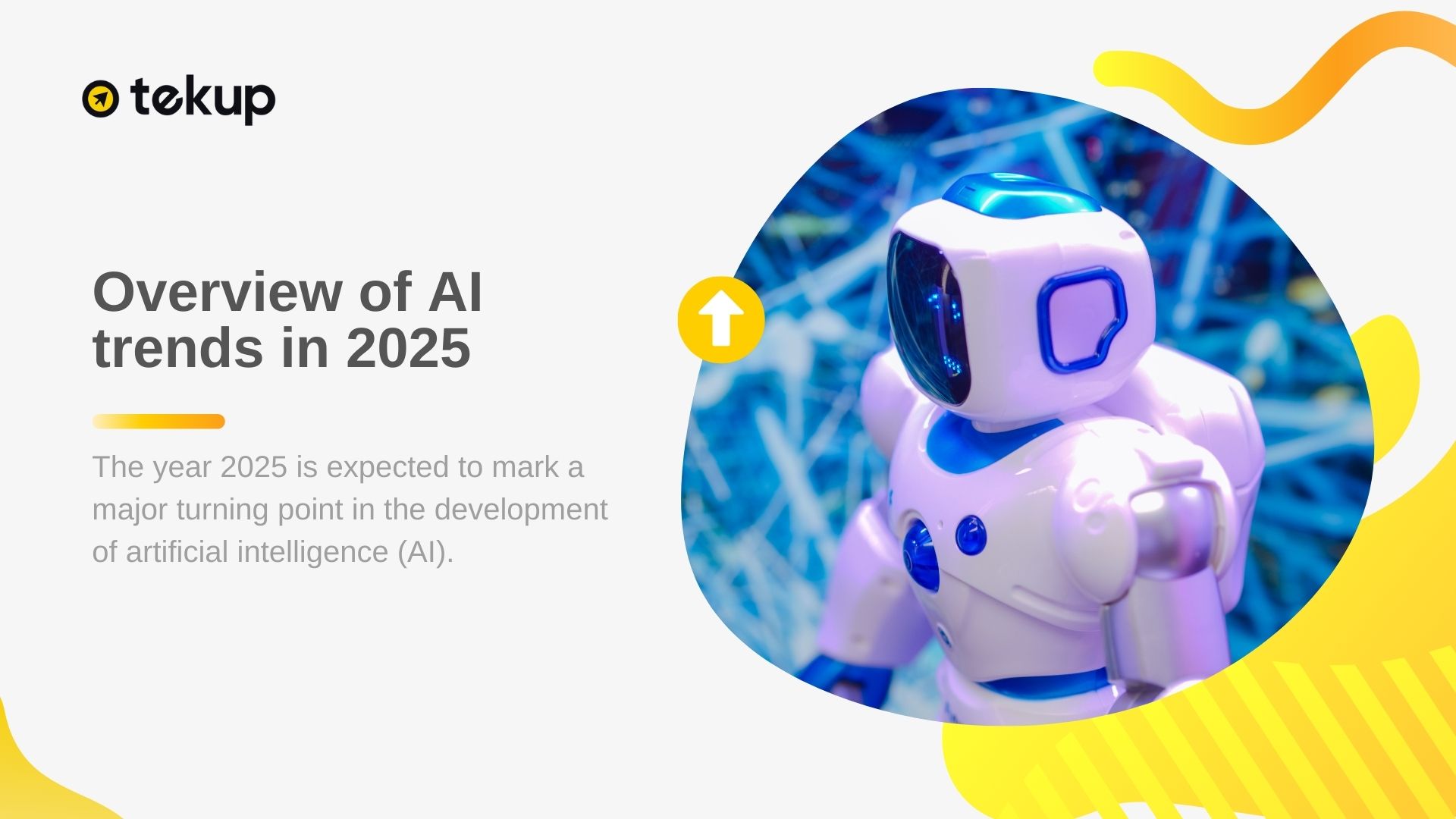
Automation Applications: AI Changing Business Operations and Daily Life
- Smart Customer Service: AI is used in chatbot systems and virtual assistants to answer customer inquiries 24/7. This reduces labor costs and response times while enhancing customer experiences.
- Optimizing Manufacturing and Supply Chains: AI helps forecast product demand, optimize inventory management, and plan transportation. It minimizes waste and optimizes production processes, helping businesses save time and costs.
- Automating Administrative Tasks: AI has the ability to automate administrative tasks such as managing schedules, arranging meetings, and processing documents. This allows employees to focus on strategic work, improving work efficiency.
- Smart Manufacturing Applications: AI systems monitor and analyze data from production lines to detect faults and optimize processes, improving product quality and minimizing machine downtime.
- Automation in Daily Life: Virtual assistants like Google Assistant and Alexa help manage household tasks, control smart devices, and monitor health. AI supports the automation of daily tasks, bringing convenience and saving time for users.
AI is helping businesses and individuals save time, costs, and optimize workflows, opening up new opportunities in various fields.

New Breakthroughs in Content Creation
- Generative AI and Infinite Creativity: AI technologies like GPT-4 and DALL-E are changing content creation, from writing articles, generating images, to producing videos. These tools can generate high-quality text and images in seconds, helping creators save time and increase work efficiency.
- AI in Video and Sound Content Creation: AI is being used to create videos, edit images, and even produce sound without human intervention. Tools like Synthesia allow for the creation of videos with virtual characters, reducing production costs and time. AI can also edit sound, create background music, and synthesize natural voices.
- Personalizing Content for Target Audiences: AI platforms can analyze user behavior and create personalized content tailored to specific audiences. This helps marketers and content creators optimize strategies, enhance engagement, and effectively meet customer needs.
- Automating Content Creation and SEO Optimization: AI can generate articles, blogs, and marketing messages tailored to keywords and SEO requirements, improving search engine visibility on platforms like Google. Tools like Jasper.ai help content creators automate writing and improve search rankings, saving time and costs for businesses.
- AI + Human Content Creation: Instead of fully replacing humans, AI is used to support content creators by providing ideas, assisting with writing, and editing, while humans retain control over inspiration and quality. This is a combination of human creativity and AI’s data-processing capabilities, resulting in optimal content production.
These breakthroughs are not only transforming content creation but also opening up new opportunities for creators, marketers, and businesses to enhance efficiency and creativity in their work.

Challenges and Opportunities from the Rapid Development of AI
The rapid advancement of AI brings not only significant opportunities but also challenges that need to be addressed. One of the clear opportunities is that AI helps businesses enhance productivity and work efficiency. AI technologies can automate repetitive tasks, freeing up time for employees to focus on creative and strategic tasks. AI also provides powerful solutions for analyzing and processing vast amounts of data, helping businesses make quicker and more accurate decisions.
However, the rapid development of AI also brings several challenges. One of the biggest concerns is the potential for AI to replace human jobs. As AI becomes smarter and capable of performing increasingly complex tasks, jobs previously done only by humans could be replaced. This leads to the risk of rising unemployment, particularly in auxiliary industries or jobs that require little creativity.
Additionally, security and privacy concerns become major issues as AI is used to collect and analyze personal information. If not managed properly, AI systems could become tools for infringing on user privacy or serving malicious purposes.
However, if applied correctly, AI also opens up many opportunities to create new jobs and improve quality of life. AI can provide solutions in various sectors such as healthcare, education, and transportation, improving service quality and creating innovative products and services, thereby boosting global economic growth.
In summary, the challenges and opportunities posed by the development of AI require a cautious approach. Businesses and governments need to collaborate to develop effective management and application strategies, ensuring that this technology benefits society without causing negative impacts.
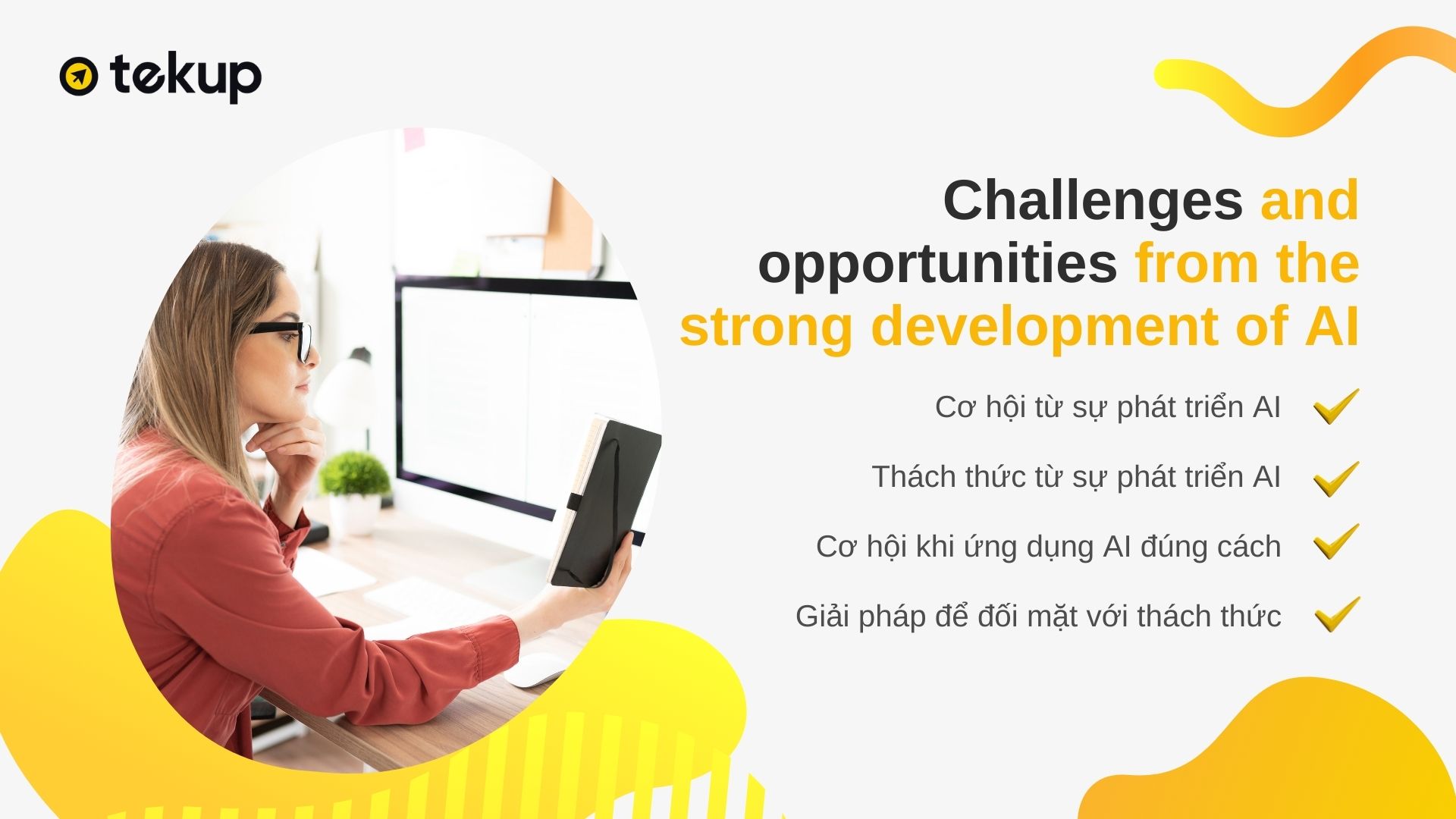
Conclusion and Future Predictions: AI’s Role in Shaping the World in 2030
Looking ahead, AI will continue to play a crucial role in shaping the world in 2030. This technology will not only drive innovation across industries but also provide opportunities for sustainable development and optimization of processes in various fields. However, the rapid progress of AI also brings significant challenges, particularly regarding employment, security, and privacy concerns.
To fully harness the potential of AI, organizations and governments must proactively develop appropriate policies and strategies. This will not only help manage and apply AI effectively but also protect the interests of citizens and society. By 2030, AI is expected to be an integral part of daily life, opening up a future with new opportunities while presenting challenges that require ongoing adaptation and creativity.
